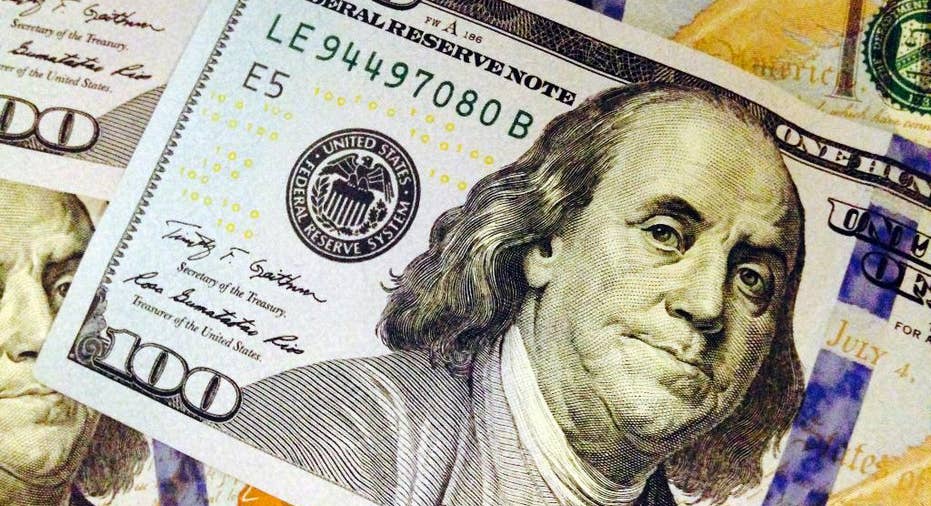WHY IT MATTERS: Debt

WASHINGTON – THE ISSUE: The federal government is borrowing about 1 out of 7 dollars it spends and steadily piling up debt — to the tune of about $14 trillion held by investors. Over the long term, that threatens the economy and our pocketbooks.
Most economists say rising debt risks crowding out investment and forcing interest rates up, among other problems. At the same time, rapidly growing spending on federal health care programs like Medicare and the drain on Social Security balances caused by the rising tide of baby boomers could squeeze out other spending, on roads, education, the armed forces and more.
It takes spending cuts, tax increases or both to dent the deficit — and presidential leadership. Lawmakers instead prefer higher spending and tax cuts.
___
WHERE THEY STAND
Neither Hillary Clinton nor Donald Trump has really focused on the debt.
Trump has promised huge tax cuts that would, in fact, make the debt explode by trillions of dollars over the coming decade, though details are fuzzy. Trump has also shown no interest in curbing expensive benefit programs like Medicare and has actually criticized prior Republican efforts to balance the budget. He also wants big spending increases for veterans, the military and infrastructure projects — even suggesting that the government should take on new debt for such projects because interest rates are so low.
Clinton, by contrast, is proposing tax increases on the wealthy. But she wouldn't use the money to bring down the debt. Instead, she'd turn around and spend it on college tuition subsidies, infrastructure and expansion of President Barack Obama's health care law. She also wants to get rid of that law's so-called Cadillac tax on generous employer-provided health plans.
If elected, Clinton is expected to face a hostile GOP-controlled House, making her goal of tax increases for new spending highly unlikely to be achieved, even if Democrats take back the Senate.
___
Most economists believe that rising debt, especially when measured against the size of the economy, is a serious threat to the long-term economic health of the country. Very low interest rates have made the nation's debt relatively easy to handle — for now.
But as debt continues to grow, economists fear rising interest rates are inevitable, as the government's demand to borrow competes with private borrowers needing capital for investments. If debt slows the economy down, tax revenues would fall and create even more pressure on the budget and raise the possibility of a European-style fiscal crisis. In that event, policymakers might have no choice but tax increases or large benefit cuts.
Then there's the question of generational fairness. The federal budget is dominated by programs that help the elderly — Medicare and Social Security. Their growth is squeezing programs like education, infrastructure, national parks and scientific research, just to name a few. At the same time, the steadily growing debt, both in nominal terms and when measured against the economy, is a burden that future generations will have to bear.
America's debt problem can't be wished away, but there's little evidence the political system is up to the challenge. Part of the reason is increased polarization between the parties and an increasingly rancorous atmosphere in Washington. It's also true that politicians across the spectrum fear the political consequences of taking the difficult steps required to cut the deficit. That won't change whoever is elected to succeed Obama.
___
This story is part of AP's "Why It Matters" series, which will examine three dozen issues at stake in the presidential election between now and Election Day. You can find them at: http://apnews.com/tag/WhyItMatters



















